Caroline Flack: "The People Of Rwanda Are The Most Inspiring I’ve Ever Met"
Ahead of her turn on BBC One’s Strictly Come Dancing, TV presenter Caroline Flack recently travelled to Rwanda to see first-hand how some of the money raised for Sport Relief 2014 is already hard at work changing lives. Here she talks about the things that most inspired her during her time in Rwanda.
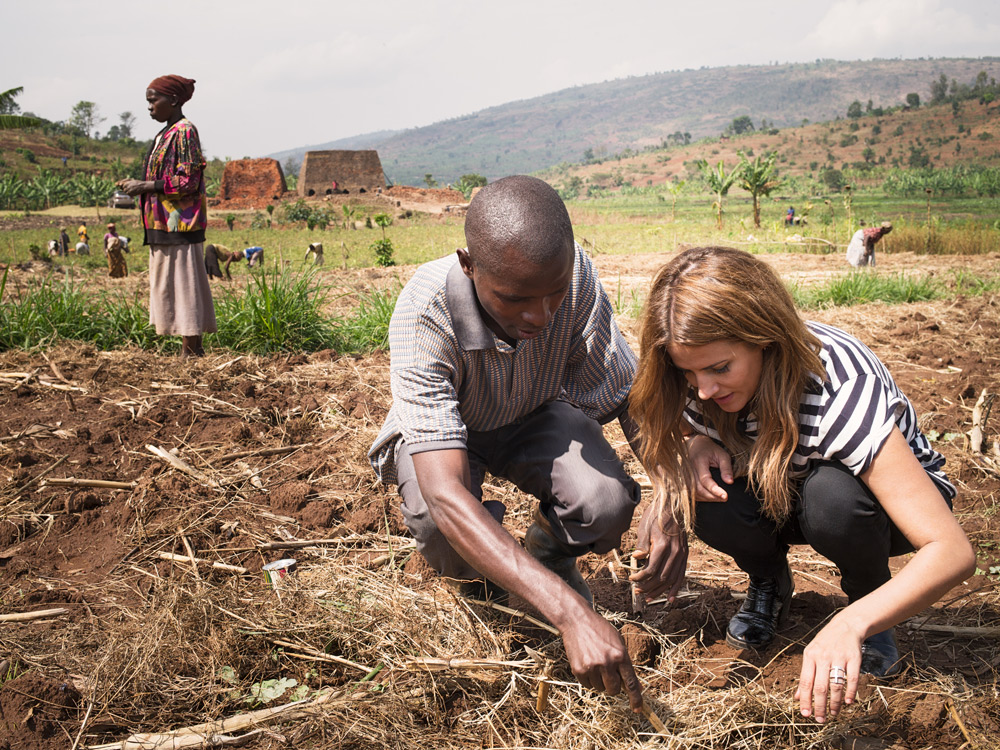
Ahead of her turn on BBC One’s Strictly Come Dancing, TV presenter Caroline Flack recently travelled to Rwanda to see first-hand how some of the money raised for Sport Relief 2014 is already hard at work changing lives. Here she talks about the things that most inspired her during her time in Rwanda.
1. The people of Rwanda are some of the most inspiring I’ve ever met. I travelled there to see how the money raised for this year’s Sport Relief is helping people by creating jobs, building businesses and increasing trade. And thanks to money from the UK Government that matched some of the public’s donations, even more lives are being changed.
Twenty years ago, Rwanda was grief-stricken. In 1994, the country was gripped by a vicious genocide that destroyed families and left thousands of children without their parents. The country is still trying to recover from such an awful history.
Despite living through such horrendous experiences, many people took those orphans in. They created new families so that children who had experienced unimaginable trauma could still have a place to call home. They would still feel like someone loved them and was looking out for them, even though that someone might have barely been an adult themselves. It’s amazing how so many have found a way to live again.
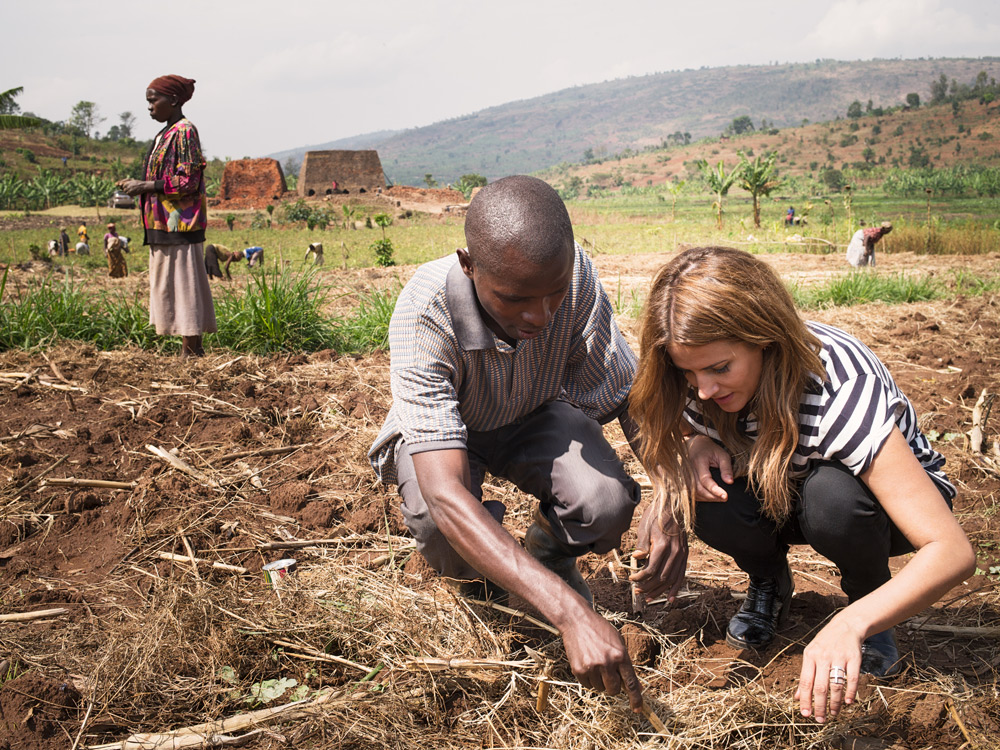
2. I saw how the project, World Jewish Relief, supported by cash raised for Sport Relief, has been helping these makeshift families to start a business from their farmland, forming co-operatives that would sell fruit and vegetables to make a good profit. They’ve built a new life from scratch.
I can’t grow anything in my flat. Every plant I’ve had has wilted miserably on the windowsill. When I saw the beautiful fields of watermelon shoots, pineapples and tomatoes, or the massive banana trees, I felt slightly ashamed that I struggle to maintain a humble basil pot.
For many people, growing the odd vegetable is a nice hobby. Here in Rwanda, these plantations are a real lifeline; a source of income that’s not only transforming the lives of the co-operative members but also their entire communities.
Marie Claire Newsletter
Celebrity news, beauty, fashion advice, and fascinating features, delivered straight to your inbox!
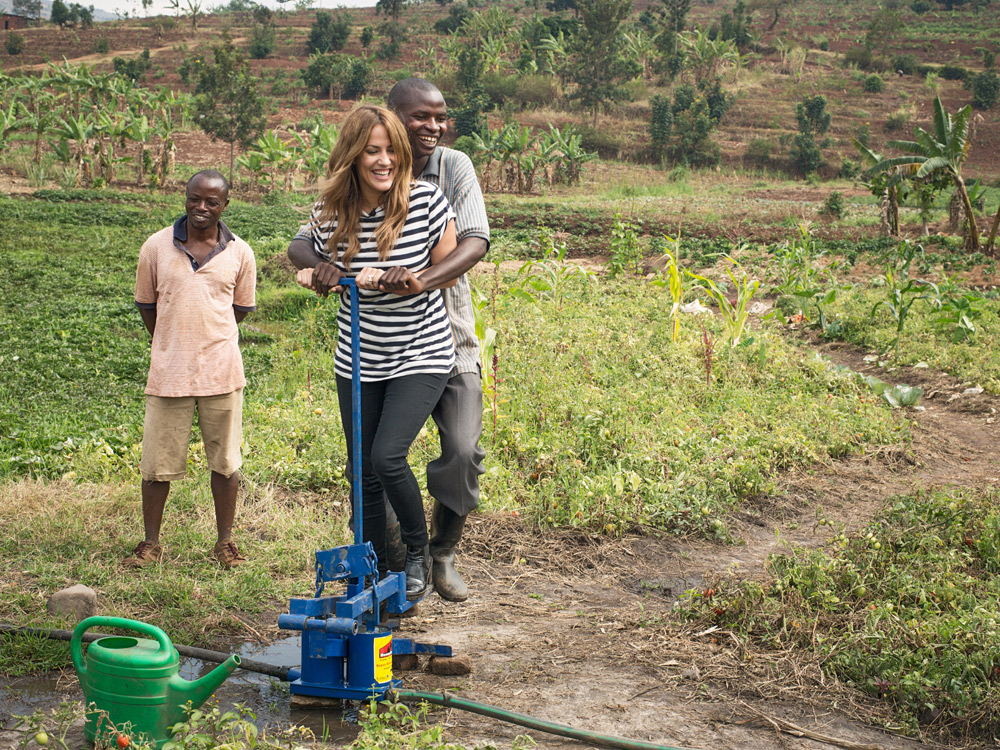
3. I’ve never met incredible women like those in Rwanda. All of them had an indescribable strength.
Judith, 40, lost nearly all her family in the genocide. She could have wallowed in her despair, but instead she rounded up as many orphans as she could and started looking after them when she was only 20 years old. Today, she is president of a farming co-operative, supported by the project World Jewish Relief. It means she can help even more children.
I also met a group of women survivors who spend every day working barefoot on one of the local farms, some of them with their young children strapped to their back. Between picking tomatoes and mulching watermelons in the baking sun, they still had the energy to burst into laughter at my feeble attempts to help.
These women did not complain about how difficult their life had been. Instead, they wanted to show me that they were making an income and supporting their families, thanks to the assistance of the project.
There’s more love and determination in this country than I ever thought possible. I’ll remember those women forever.
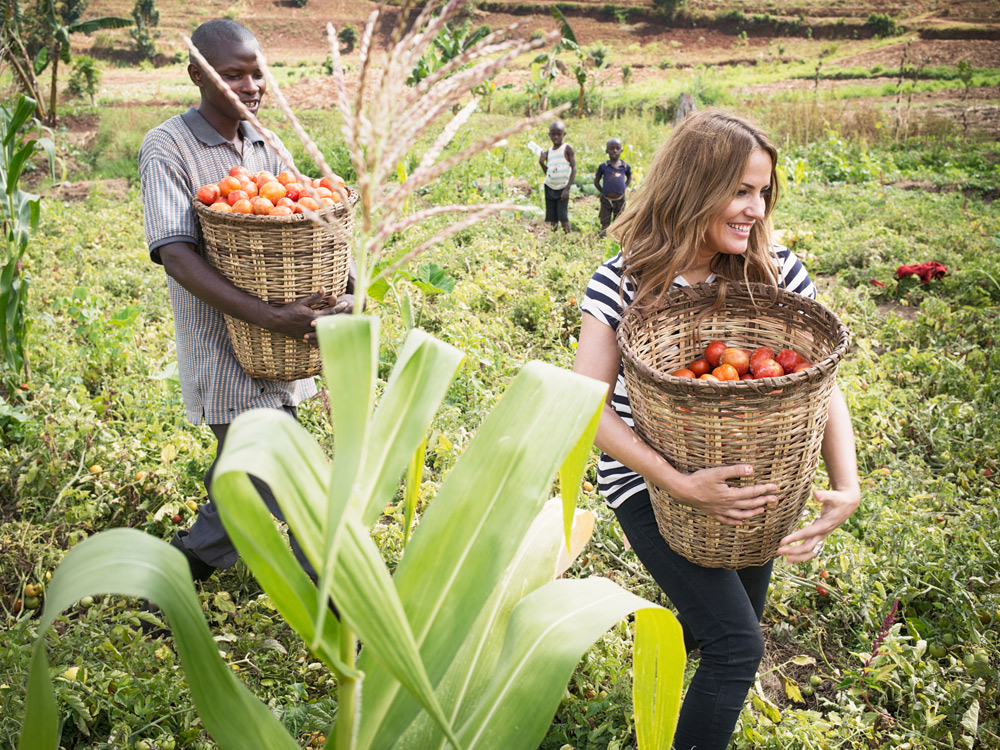
4. I’ve got a family who are always there for me, and this trip made me think that sometimes I take that for granted.
My twin sister inspires me more and more as she gets older. She’s always looked after me. It’s probably got something to do with being six minutes older! She’s got my back. I’d like to think that I’m becoming more like her. Even though I don’t talk with my other brother and sister as much as my twin, I know that they are always there for me. In Rwanda, many people lost their siblings in the genocide. Reflecting on that has made me appreciate how lucky I am to have them.
Thoughts of my mum played on my mind throughout my trip. Many of the people I met lost their mothers at a young age. I can’t imagine not having mine in my life, she’s an amazing woman and one of my best friends.
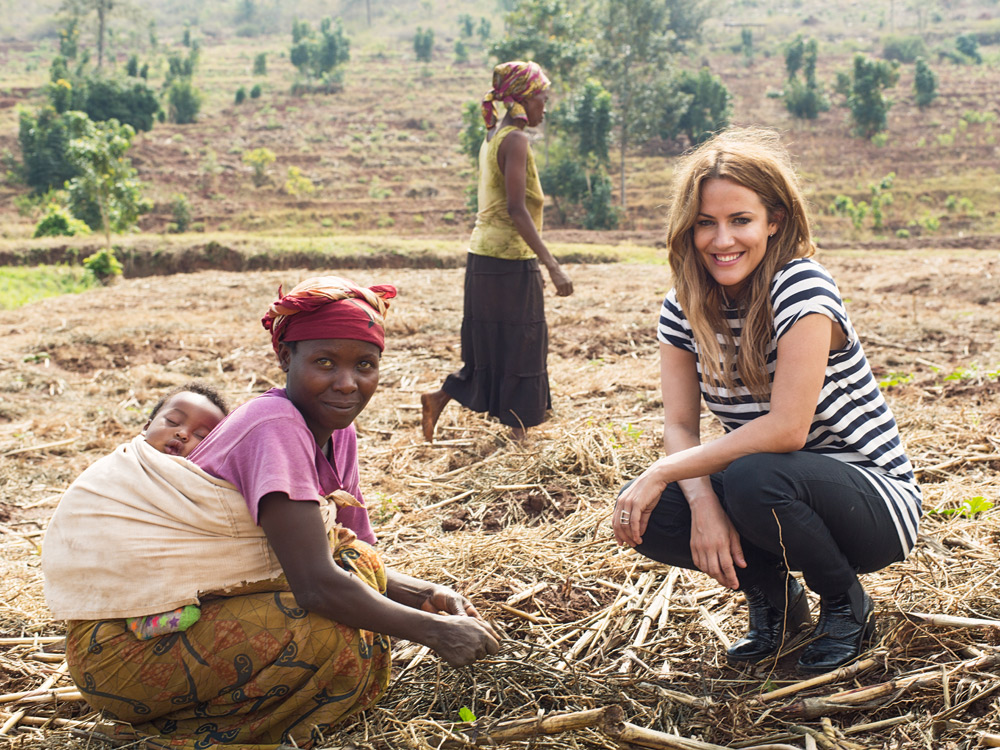
5. “Work Hard, Play Hard, Be Kind”. I have this framed in my house. It’s my life motto. Coming to Rwanda, I’ve learnt that there’s more kindness in the world than I realised.
The British public are at the heart of this phrase – while we’re a nation of people who can play hard, above all, we’ve had the heart to give whatever we could for this year’s Sport Relief; and what a difference it’s made, changing thousands of lives around the world.
Even better, the money has started a chain reaction that transforms not only lives of the people I met but their entire communities and future generations.
What’s more inspiring than that?
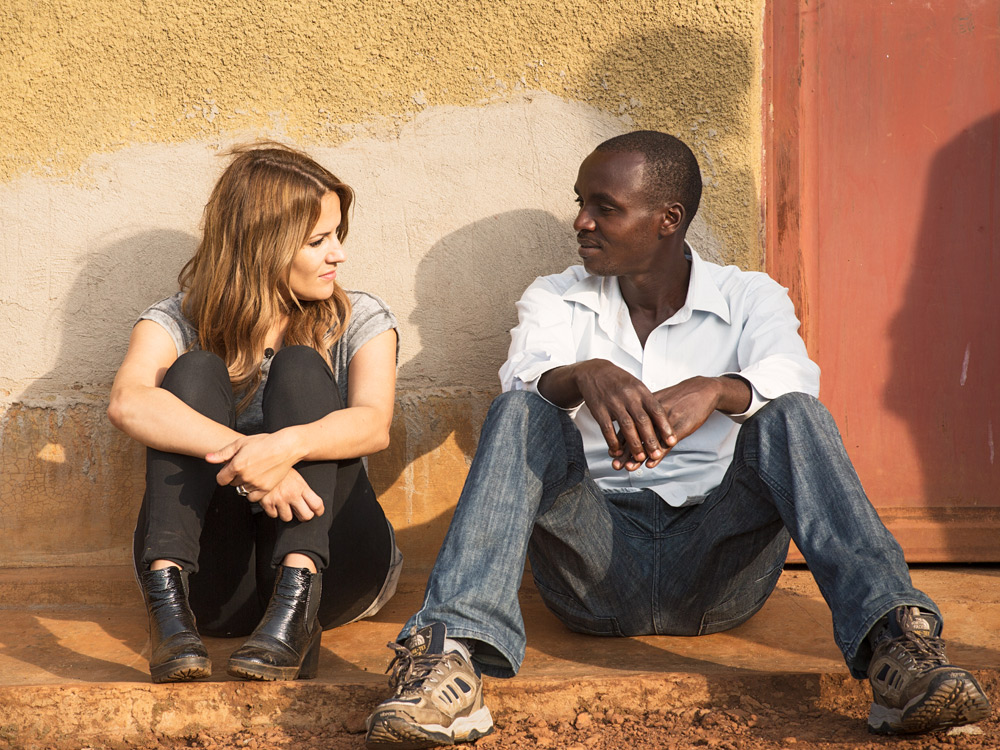
For more information, please go to www.comicrelief.com or www.gov.uk/dfid
-
 How are Trump’s tariffs affecting the fashion industry?
How are Trump’s tariffs affecting the fashion industry?The fluctuating situation in the US is having very real consequences
By Rebecca Jane Hill
-
 Here's every character returning for You season 5 - and what it might mean for Joe Goldberg's ending
Here's every character returning for You season 5 - and what it might mean for Joe Goldberg's endingBy Iris Goldsztajn
-
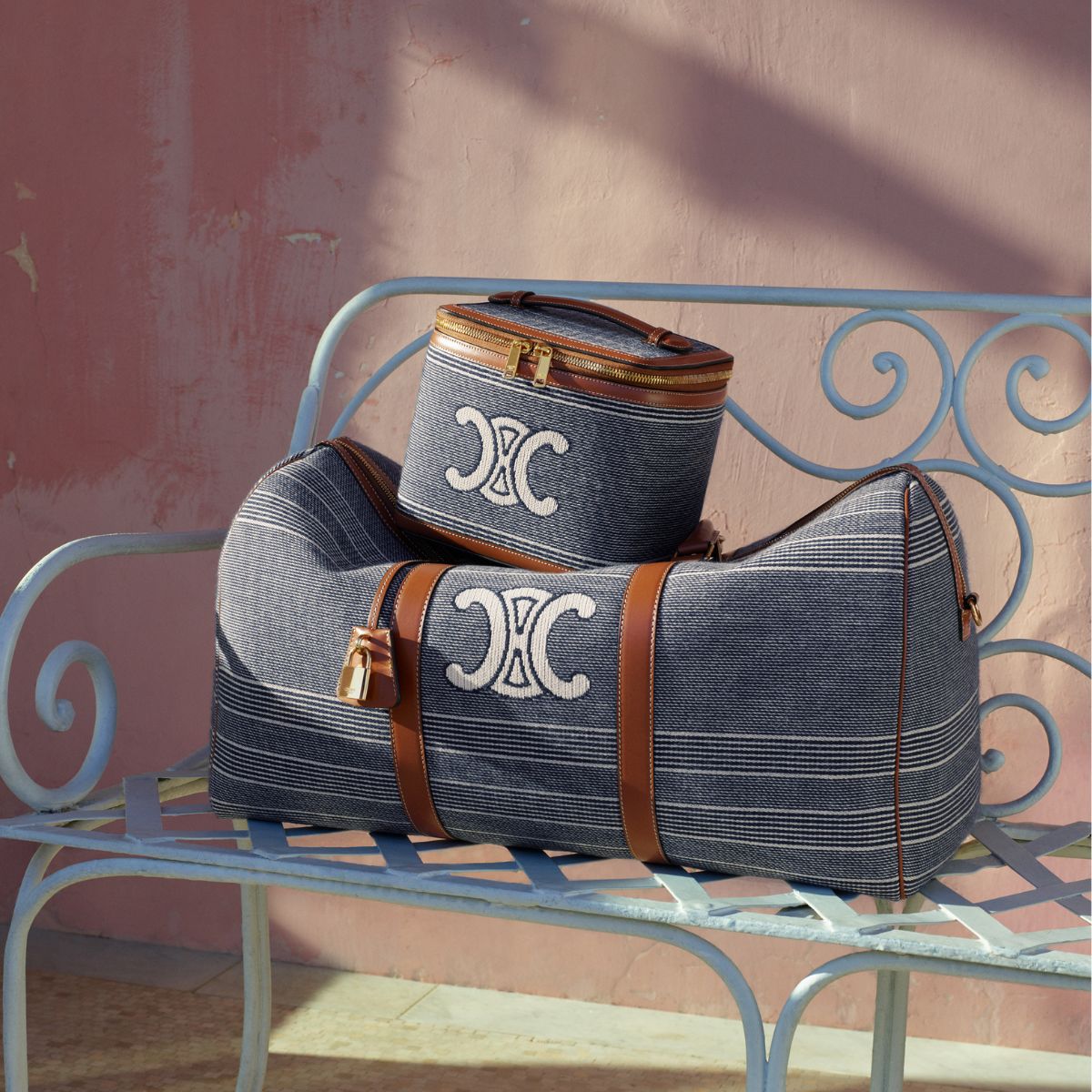 Céline's new Selfridges pop-up is an ode to summers on the French Riviera
Céline's new Selfridges pop-up is an ode to summers on the French RivieraA one-stop-shop for the ultimate holiday wardrobe
By Clementina Jackson